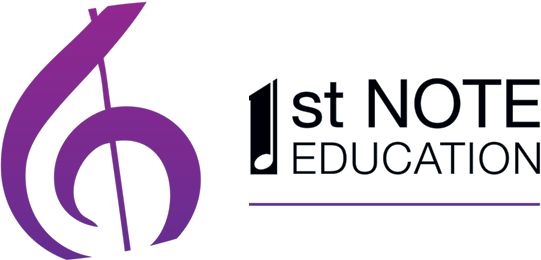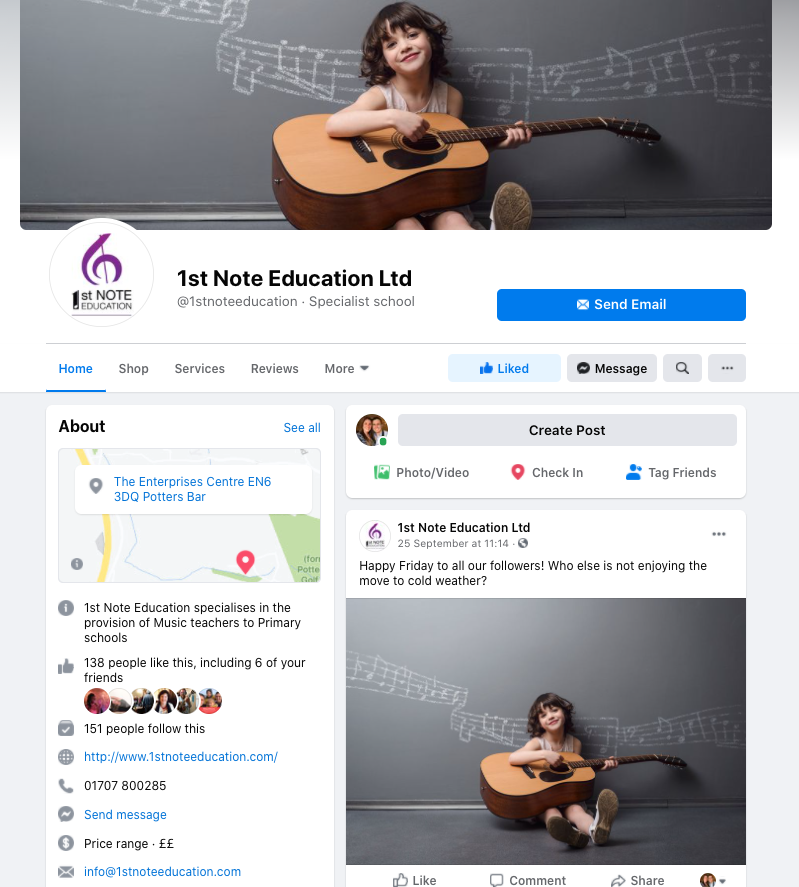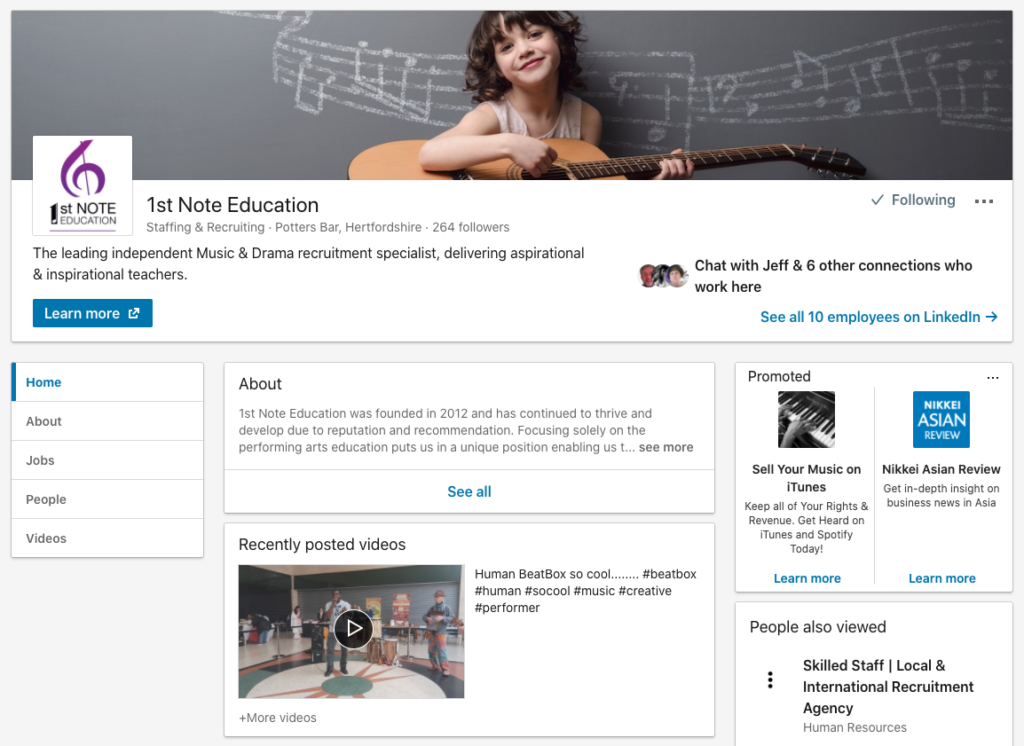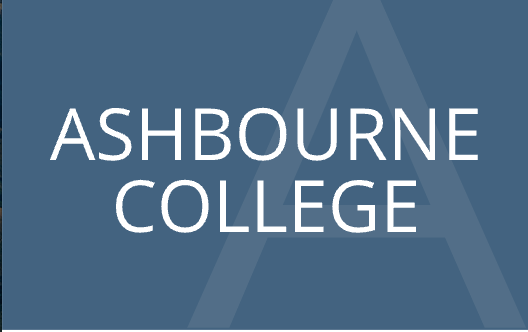The Age of Academies
There are a number of ways in which academies can form. For instance, if a school is not getting enough pupils attending (lack of pupil premium funding), then it will be running into the red financially and so will be forced to close. This leaves a whole school of children looking for somewhere else to learn. Academies are formed when this happens to two or more schools, usually within the same areas or districts as each other. There are no limits to entry forms with an academy, and as long as curriculum English, Mathematics and Science are taught, there is free range for all of the other lessons. So basically, schools not pulling in the pupils are merged to make academies. An academy can also be formed, and this is completely government orientated, by closing regular schools down due to bad Ofsted reports and/ or grading standards, and re-opening them again as Academies. As explained in last weeks’ blog, Academies are designed to be ‘Super-Schools’ that focus on bringing the best out of pupils, such as pupils living in deprived areas, and offer students more opportunities. Along with the three main core subjects (English, Maths, Science), pupils can be offered alternative lessons. Geography lessons replaced by media studies, Music lessons replaced with tennis lessons, History lessons replaced with Pottery classes. Academies are free to teach whatever they want.
Here is a list of three pros and three cons to academies…
Pros for Academies;
They offer children a chance to learn new subjects
They almost always have the best facilities because they have a lot of government funding to help provide
Academies are monitored closely, and if standards slip, they are quickly rectified
 
Cons for Academies;
There is no standardized pay scale for staff. Teachers can get paid anything the governors or heads decide
Because money goes directly into the academy, and there is no governmental policies, other than following the three Curriculum core subjects, so the governors and heads of the academy have the option to turn down facilities for SEN children.
Academies have a tendency to swap staff around constantly until the grades and inspections are outstanding. This means that the children do not get regular staff to feel comfortable with, the staff are insecure within their jobs, and different heads keep coming in and changing the school’s system and how it is run… think of it as a premier league football team that is not doing so well… the managers keep getting sacked, new players are bought to replace relatively new players who are still finding their feet, and the 4-4-2 playing system changes to 3-5-1 that changes to 4-3-3, that then changes back to 4-4-2… constantly looking for a system that works!!
 
There are many more ‘for’ and ‘against’ reasons behind academies. I would like to know how the national grading system in the UK will be affected if more academies arise… will there be one grading system for schools and another for academies? Are academy certificates recognized enough? Or worth as much as GCSE certificates in other subjects?
Although academies have been around for over eight years now, and the number of academies are increasing, they are still a new concept. It will be interesting to see how it all develops over the next five years or so.
 
How do academies affect us as teachers?
The pay scale is a worry. We have worked very hard to get our teaching degrees, and starting in a brand new school, with a giant wedge of government funding for staff, on minimum wage, just isn’t good enough for the qualifications we hold.
The second worry is that teachers have to be absolutely top notch, no room for error, to keep their jobs. Understandably, teachers have to be top notch and on their game anyway, but regular schools allow more leeway for new teachers (such as NQTs) and help teachers when needed, whereas academies tend to ‘swap’ teachers around with teachers from other academies, or even dispose of teachers to employ new teachers that fit into their academy better. This would make anyone, especially a new NQT insecure of their future in a new establishment.
On the plus side, academies are always looking for new teachers, and almost every time, the establishments will brand new buildings, great facilities, and prospects, if things do work out, of an exciting future. Academies do employ NQTs as they like the teachers to be fresh, and willing to develop with the up and growing academy. This opens up other doors with bigger roles included in the job description.
There is also the opportunity that the pay scale could be better than that of the national average… which is always nice!
There is no guarantee, like with any school, how the pupils are going to be… and if an academy has formed in a deprived area, the chances are that the pupils are not going to be ideal to teach… which could be your chance to get in there and show what you are made of… great teachers never shy of a challenge!!!
 
I have only briefly touched upon a subject that is widely political and talked about by all teachers alike, which can open up all kinds of discussions to support and argue against academies.
 
What are your thoughts on them?
 
Andy T
I have left an article from TES website,¬†underneath,¬†related to this week’s blog…
Nearly 600 primary schools forced into academy status
7th April 2014 at 10:01
Nearly 600 primary schools have been forced to become academies due to “long records of under-performance”, official figures have shown.
The latest data release is the first to show the number of primary academies out-numbering secondaries for the first time.
According to data released by the Department for Education today, there are now 1,983 primary academies nationwide, 570 of which are forced conversions by government officials.
In its release, the DfE said the sponsored academies were suffering from under-performance as council-run schools, but were now getting help from “brilliant sponsors”.
Education secretary Michael Gove said his government’s aim was for all children to leave primary school literate and numerate, and academies were enabling it to achieve that goal.
“Hundreds of primary schools which were struggling under council control have now been paired up with academy sponsors, and the children in those schools are at last getting up to speed in the 3Rs,” he said.
“We’ve also taken power away from politicians and bureaucrats and given it to more than a thousand great primary heads by letting them become academies. After all, they are the ones who know their pupils and understand what they need.
“It is inspiring to see so many heads take up these freedoms and use them to give children a better start in life.”
The rise in primary academies means more than 500,000 pupils are now taught in such schools, with 30,000 teachers working in them.
In total, the number of academies has surpassed 4,000, including free schools, studio school and University Technical Colleges, with 12 per cent of primaries now academies and 58 per cent of secondaries.









